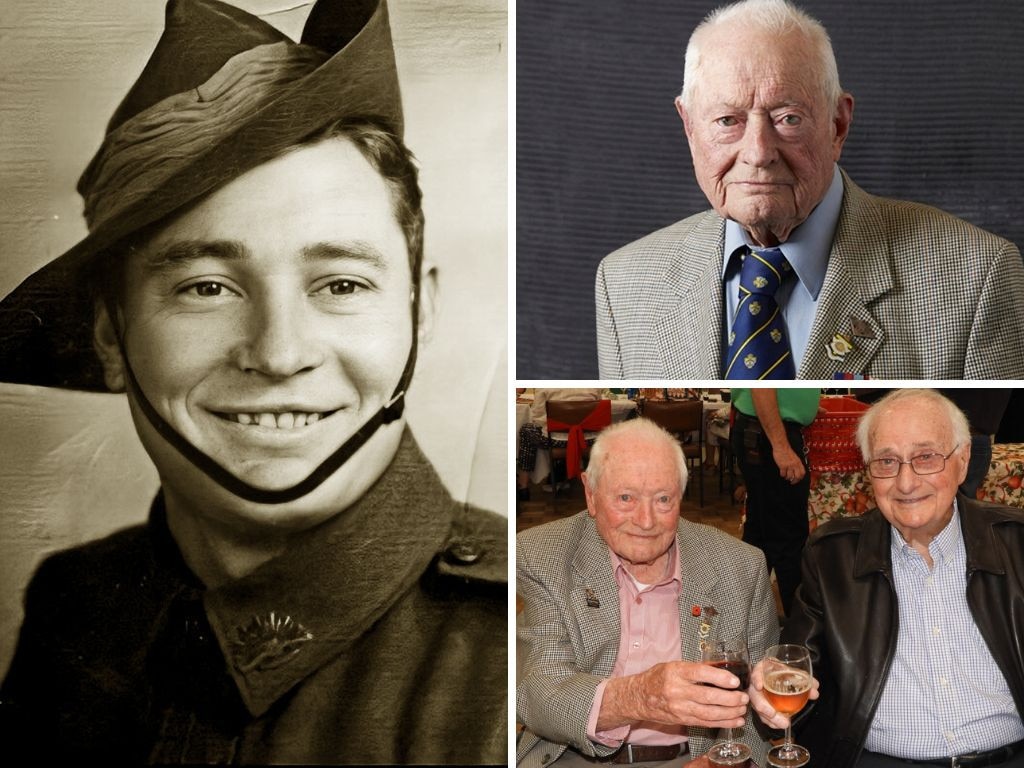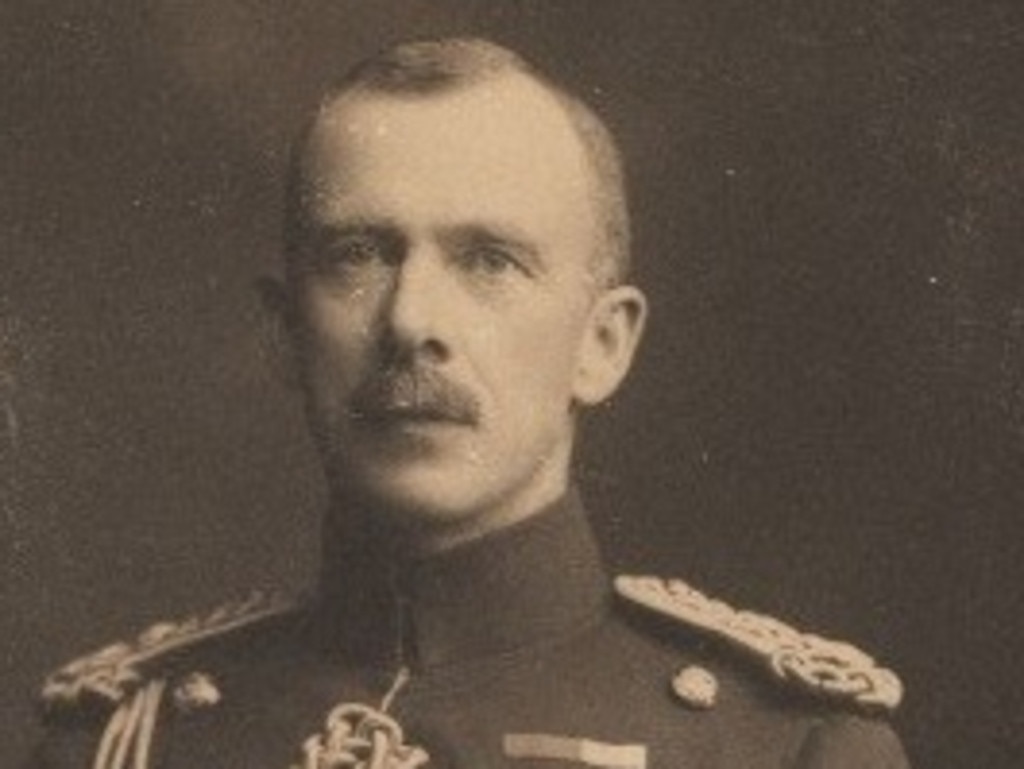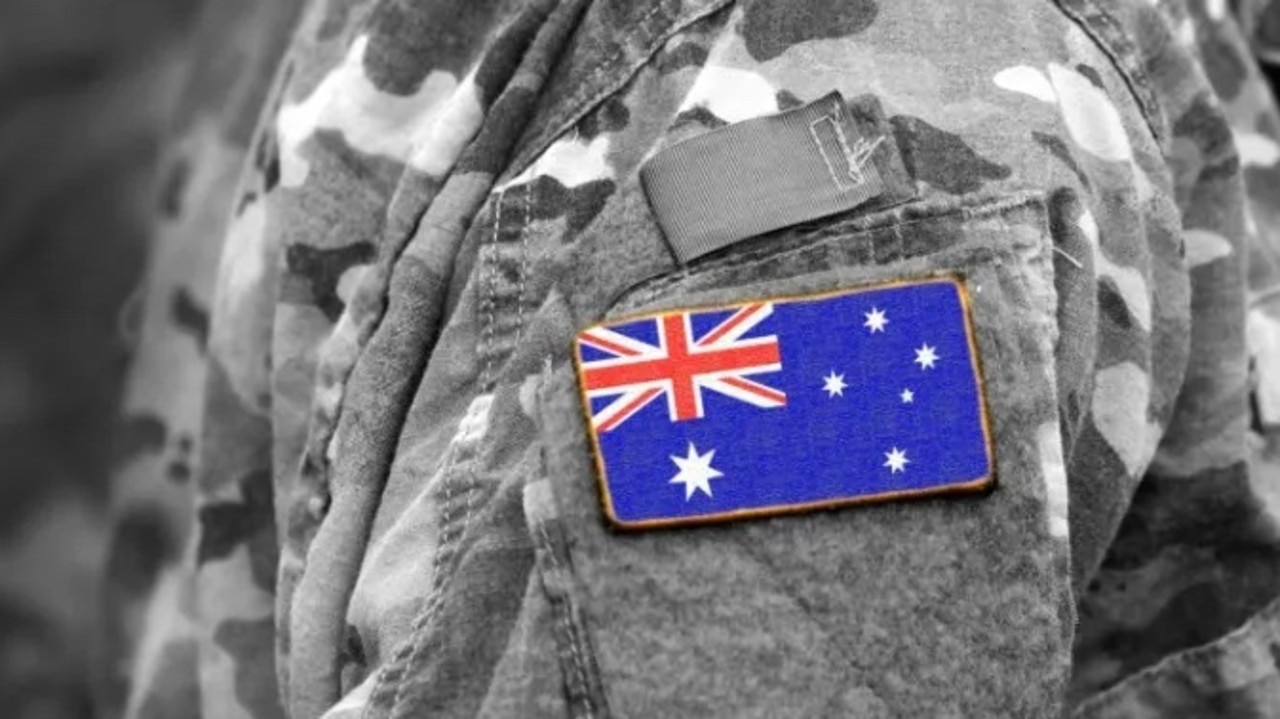‘National disgrace’: Victoria Cross winner Samuel Pearse’s body languishing in Russian morgue
A major campaign is being launched to pressure the Australian government into repatriating Private Samuel Pearse killed in the little-known Anzac campaign against the Bolsheviks in 1919.
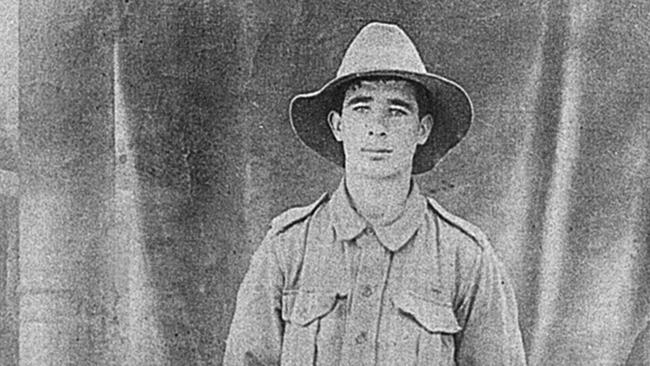
The lifeless body of one of Australia’s most highly decorated war heroes is wasting away in a plastic storage crate in a remote morgue in the Russian city of Archangel.
Private Samuel Pearse is one of Australia’s 101 Victoria Cross winners and was recognised posthumously after being killed in the little-known Anzac volunteer campaign against the Bolsheviks in 1919 where he fought under the British flag.
He was originally buried where he died in the town of Obozersky but his grave was later lost and his body moved. It was found only six years ago in a scrapyard after an exhaustive search effort involving a Russian military archaeologist and an Australian military historian.
Pearse had served previously at Gallipoli and on the Western Front where he sustained an injury to his toe, with the body found in Russia having the same toe injury and also wearing the same slouch hat in which the fallen soldier was buried.
In what’s been labelled a national disgrace, Private Pearse now finds himself in a literal and metaphorical no man’s land, with neither the British nor Australian governments prepared to claim and repatriate his body.
A major campaign is now being launched to pressure the Australian government into repatriating Pearse, who has relatives in Adelaide who can prove the remains are his.
The campaign is being supported by the RSL and led by Adelaide historian Damien Wright. whose new book Australia’s Lost Heroes: Anzacs in the Russia Civil War 1919 unearths the story of Pearse and other fallen Anzac soldiers from this largely forgotten military campaign.
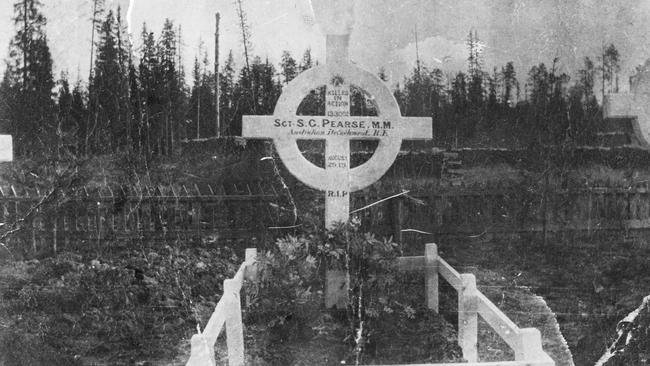
Wright travelled to Russia with Pearse’s grandson and worked with the Russian military archaeologist Alexey Suhanovsky to find and identify Pearse, the evidence overwhelmingly indicating the body is indeed his.
Wright explained that a complicating issue in the Pearse case was that despite being Australian and having served as an Australian, Pearse and other Australian soldiers were required to discharge from the ADF and re-enlist in the British Army to serve against the Bolsheviks.
“It is a completely ridiculous situation where we claim him as our own and pay him the highest military honour, the Victoria Cross, yet when it comes to bringing him home the federal government won’t take any ownership of the case,” Wright said.
“We give him the honour of being a VC. His medals and photographs are in the Hall of Valour in the Australia War Memorial in Canberra. But Australia’s attitude is that because he had discharged from the Australian Army and enlisted with the British it’s got nothing to do with us.
“We can’t have it both ways. It really is a national disgrace. He’s just stuck there. It’s six years now he’s been in that crate. It is an indignity to have an Australian VC hero lying forgotten in a plastic crate in a remote corner of Russia.”
The campaign is being supported by Private Pearse’s grandson Richard Christen who travelled to Russia with Damien Wright and Alexey Suhanovsky to attend the unofficial ceremony in 2019 commemorating his grandfather’s death.
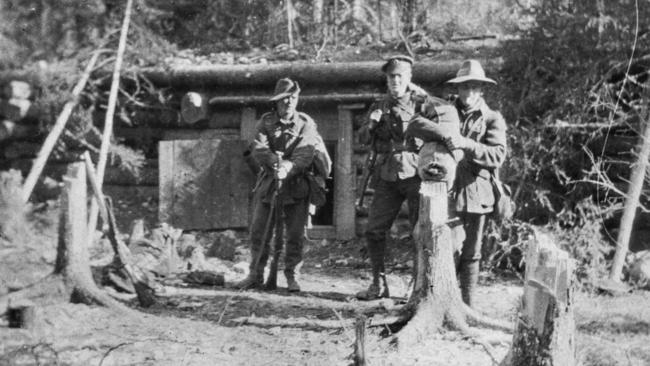
Mr Christen told The Weekend Australian that he suspected the stand-off between the British and Australian governments meant his grandfather would never be returned to Australia.
“Frankly I would be surprised if we got him home,” he said. “I don’t think we will see him buried here in Mildura, perhaps our best hope is that he has a proper burial at the military cemetery in Archangel. It really is a miracle that we found out anything about his whereabouts at all. It’s a credit to Damien and Alexey. When Damien contacted me telling me what he had learnt about my grandfather it was totally unexpected. It’s not just him but the other 17 or so soldiers who are still laying there.”
Pearse was born in Wales on July 16, 1897 and emigrated to Australia with his father in 1911 and settled in Mildura, were they became farmers.
So determined was Pearse to serve his adopted home that he asked his parents if he could enlist with the Australian Army at the outbreak of World War I aged 16. They refused permission but granted his wish the following year, with Pearse surviving the Gallipoli campaign when he was just 17. On the Western Front he was awarded the Military Medal in 1917 for his initiative and bravery at the Battle of Passchendaele. His commanding officer wrote that Pearse “showed an utter disregard of danger in carrying messages, guiding parties and in bringing in wounded men, on every return run. From forward positions he helped to bring back wounded and undoubtedly saved many lives.”
After the armistice and the conclusion of World War I, Pearse sought a discharge from the Australian Army so he could enlist with the British to fight in the Russian Civil War.
Just before leaving, he married Kitty Knox who became pregnant with their daughter Victoria Catherine, born six months after his death.
The letters he wrote to his young wife back home make heartbreaking reading.
“I am coming home to you dear and I hope it will not be long before we have a home of our own in Australia,” he wrote.
“I would give 10 years of my life to be with you for good now dearest wife. I am just dying to hear from you. This is about the worst country I have ever been in or ever hope to be in. Dearest girl in all the world, I will have to close this with all the love in my heart.”
Six weeks after writing that letter Pearse was killed in northern Russia, his VC dedication at the War Memorial reading as follows:
“In his heroic exploit there, he went through barbed-wire defences while under heavy machinegun fire to attack a blockhouse. He single-handedly killed the occupants with bombs, but while fighting on he was killed.”
The campaign to bring him home is being supported by the Liberal candidate and former member for the SA seat of Boothby, Nicolle Flint, who has been working with the RSL in South Australia and Victoria to have Private Pearse brought home.
“The Australian government seems content to leave this matter to the British, despite Pearse enlisting for Australia and intending to return home here with his wife and baby,” she said.
“It is well past time he was respectfully laid to rest.”


